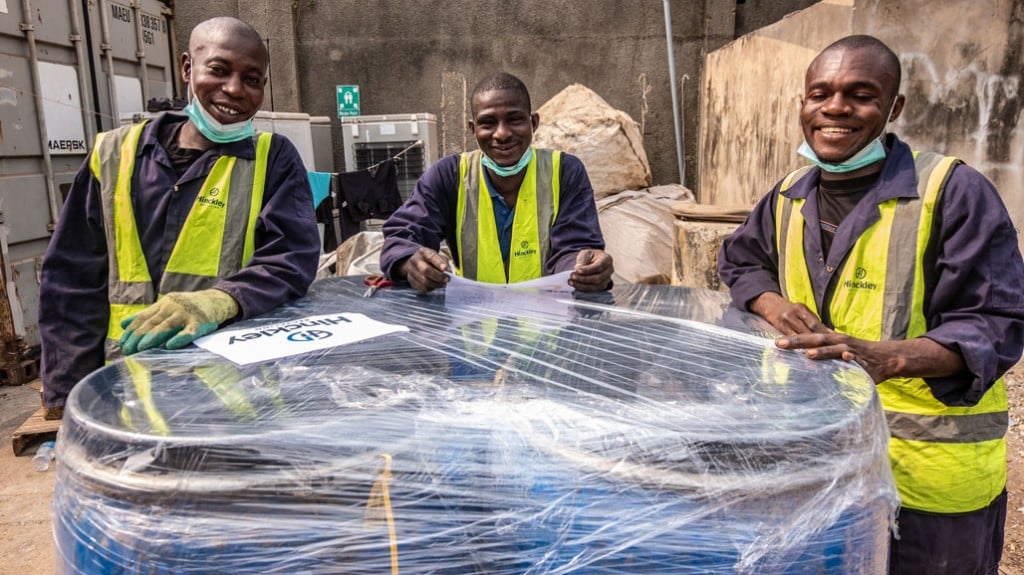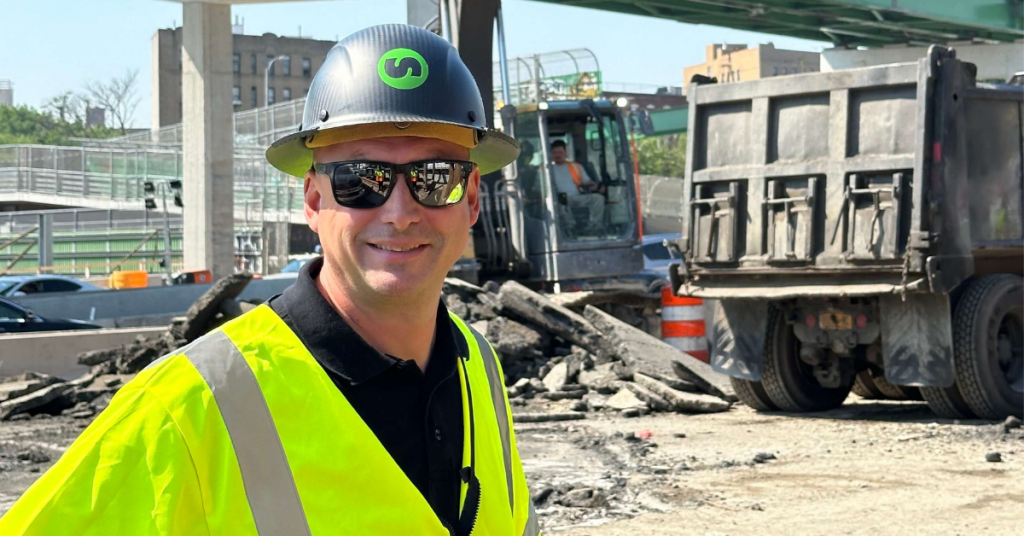Pilot project proves commercial viability of reclaiming cobalt from used batteries in Africa

Closing the Loop and Fairphone have partnered with other circular innovators, such as the Dutch government, in a project that is likely to become vital for the electronics industry - proving that scrap batteries from Africa can be used to produce clean materials for the future.
Closing the Loop and Fairphone have announced the successful shipment of a container filled with lithium-ion batteries. The batteries were collected in Nigeria, before being shipped to Europe for safe recycling. As part of the pilot scheme, more than 5,000kg of batteries were safely collected by paying local communities in Nigeria to prevent the batteries from ending up in landfills. This approach creates local job opportunities and improves environmental conditions. The shipment of batteries arrived in Antwerp earlier in 2020, where it was received by a recycling facility.
CTL offers organizations a global service to make their technology purchases more sustainable. They directly link the commercial needs of their customers to the opportunities offered by waste collection in emerging markets. As one of CTL's first customers, Fairphone supported this service early on and aims to integrate the recycled materials in its supply chain. In addition, it aligns with the European Commission's recent proposal to explore ways to reduce the export of waste.
Scrap battery collection in Nigeria offers major social and environmental benefits, as there are no safe battery recycling facilities on the continent. As a result, batteries are often processed under dangerous health and environmental conditions, or dumped and burned in the open air along with other electronics. CTL's business model makes it possible to safely collect and ship these batteries from West Africa to Europe. For Fairphone, this shipment is the first step in its long-term plan to use recycled materials such as cobalt, from regions with limited recycling infrastructure, to produce a fairer mobile phone battery. The pilot shows the tech industry that business models to counter e-waste in Africa are possible, and despite the bureaucratic difficulties, collecting and recycling batteries from Africa is achievable and even commercially viable.
Miquel Ballester, Fairphone's Design Lead comments, "At Fairphone, we want to show the industry it can be commercially successful while also making ethical choices in their business and supply chain - this project proves it's possible. It shows that recycled cobalt can not only offer a more sustainable solution for a fairer battery, but can also generate income in impoverished communities that practice urban mining. As the global energy transition to more sustainable, battery-led technology continues, and the demand for cobalt rapidly increases, we need to keep working to ensure that all sources of cobalt positively contribute to local livelihoods."



